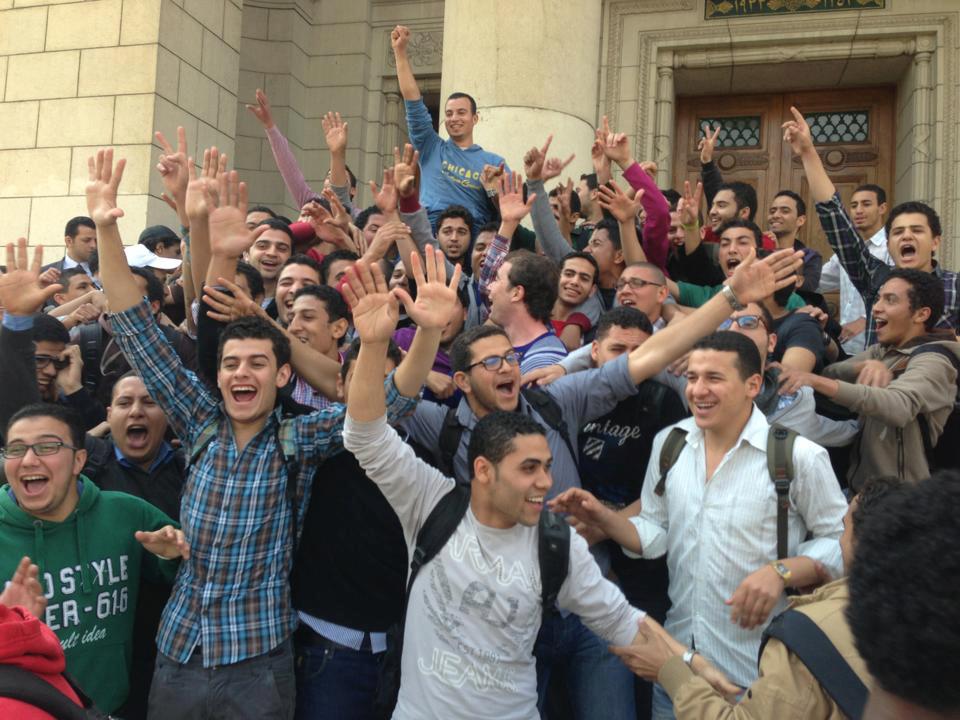The hope for social and industrial awakening in the Middle East and North Africa may start in unexpected ways. The most potent indicator of social change is women s education.
Nine years of schooling for every woman would wipe out a large segment of poverty. It would also significantly reduce children s school dropout rates and immeasurably enhance the economic well-being of society. Moreover, if every young Arab child has two to four years of pre-schooling, overall educational achievement will jump considerably.
Is this too much to dream of?
Early childhood development (ECD) programs are a well-kept secret in the Arab world and are making their way toward effective change. ECD is a psycho-social program of early care and stimulation for children, which is integrated with training activities of empowerment for mothers whose young children are also enrolled.
I was educated about the magic quality of ECD in the West Bank and Gaza. I learned that women who were shy, overburdened, submissive and lacking in skills, could, with the help of ECD programs, read and write, prepare for jobs and look their husbands in the eye with pride. In short, they learned to become active citizens.
The focus in ECD is more on emotional and social learning than on schooling. The agency running ECD is oftentimes not a school but a community-based social organization that works closely with the family in poor rural or urban neighborhoods.
Forty-six percent of Arab women do not read or write. Jordan has almost 100 percent literacy, while Yemen, Sudan, Iraq, Gaza and Morocco have the highest levels of illiteracy. In as many as seven Arab countries, more than 20 percent of children under the age of five are stunted due to malnutrition. These findings make a strong case for introducing aggressive remedial programs to empower Arab women and to stimulate the development of their children.
Literacy programs are slowly spreading in many countries of the region. But it will take 40 years to conquer illiteracy at the current rate of intervention. Early childhood programs that serve mothers and their young children make a corrective impact on illiteracy.
Typically, an Arab child starts school at the age of six. Young children born to families living in under-served communities are exposed to health and developmental problems that affect their future in big ways. Developmental delays in emotional, physical, social or intellectual growth are often irreversible when they occur in early childhood.
Lebanon, Jordan, Egypt and the Palestinian territories have had some experience with ECD programs. Jordan has invested in nationwide activities over the last few years in creative pre-school programs. Quality ECD programs involve mothers, have trained teachers and are community based. The results have been rewarding in enhancing school performance in later years showing that early education saves spending on programs for disability.
Lebanon has probably the longest record of pre-school programs in the region. Thousands of Arab women leaders who have graduated from the Lebanese American University (LAU) over many generations were empowered through ECD education. LAU (earlier known as Beirut College for Women) trained pre-school teachers for several decades. In the Arab world as a whole, however, the degree of commitment to ECD as a program of social intervention that emphasizes work with mothers unfortunately remains weak.
In the Arab world, ECD is not only suitable for the poor. Early childhood programs can also benefit affluent Arab countries. The young children of oil-rich Arab countries do not suffer from hunger and disease, but they encounter different challenges: rapid social change and over-dependence on expatriate labor in childcare. In such countries, parents can be pre-occupied by business or passive leisure. Parents tend to leave childcare to expatriate nannies and caregivers. Children who are raised by low-paid, uneducated – and often labour rights-deprived guest workers – are not likely to bond with their natural parents and may suffer developmental delays.
In several Gulf countries the native population is a demographic minority and expatriates constitute the majority. In such a unique demographic setting, ECD may be a good program for children who are destined to face increasing challenges of social change in adult life.
Graduates of early childhood programs do better in school and are better adjusted in society, more likely to be employed and less likely to go to jail. Moreover, a World Bank report on Jordan shows that ECD programs have contributed significantly to the national economy. There is consistent evidence that public spending for programs of early childhood development is smart social investment. For every dollar a government spends on early childhood development, society receives plenty in return.
It is hoped that in the active search for ways to eradicate poverty and limit social instability, Arab social planners will soon consider ECD one tool among others that can make a difference for the future.
Ghassan Michel Rubeizis the former secretary of the World Council of Churches for the Middle East, former director of the Washington office of the Christian Children s Fund and a former member of the ECD International Consultancy Group. This article was written for the Common Ground News Service (CGNews) and can be accessed at www.commongroundnews.org.

